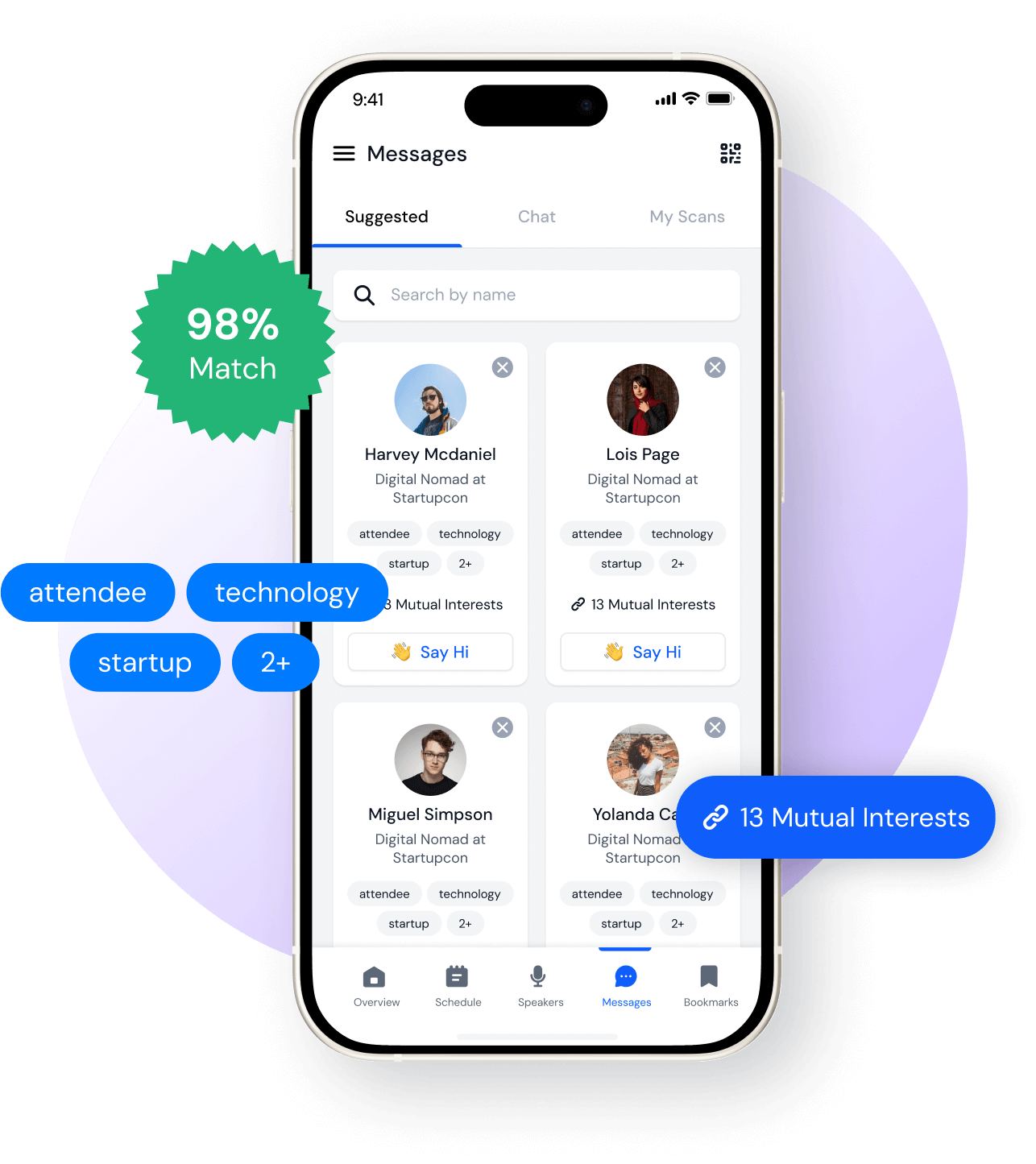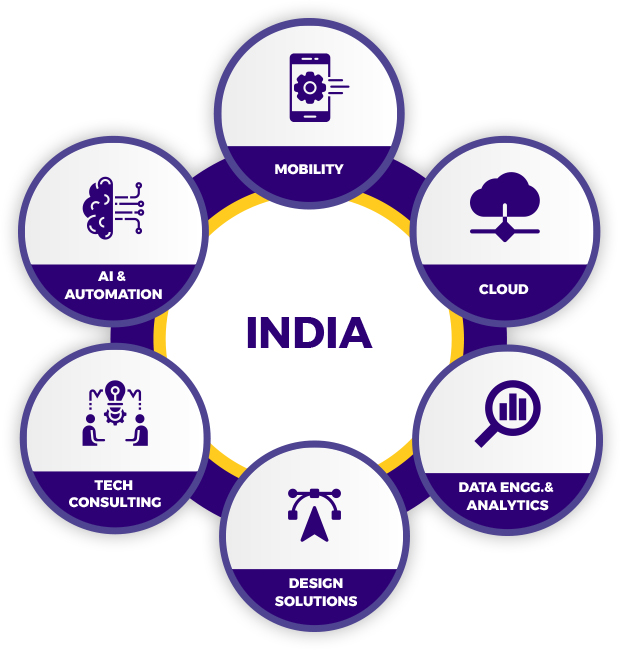
Keyword Research: Start by conducting thorough keyword research to identify the relevant terms and phrases that your target audience is searching for. Use keyword research tools like Google Keyword Planner, SEMrush, or Ahrefs to find high-volume and low-competition keywords.
On-Page Optimization: Optimize your website's individual pages for specific keywords. Include your target keyword in the page's title tag, meta description, URL, headings (H1, H2, etc.), and throughout the content. However, avoid keyword stuffing and ensure that the content reads naturally.
High-Quality Content: Create valuable, informative, and engaging content that addresses the needs and interests of your target audience. Search engines prioritize high-quality content, so focus on creating unique and original articles, blog posts, product descriptions, and other relevant content.
Readability and User Experience: Ensure that your content is easy to read and understand. Use subheadings, bullet points, and paragraphs to break up the text. Incorporate relevant images, videos, and other multimedia elements to enhance user experience.
Mobile Optimization: With the increasing use of mobile devices, it's crucial to optimize your website for mobile users. Make sure your website is responsive and mobile-friendly, as this is an important ranking factor for search engines.
Page Loading Speed: Improve your website's loading speed by optimizing image sizes, minimizing CSS and JavaScript files, and leveraging browser caching. A fast-loading website provides a better user experience and can positively impact your search rankings.
Internal Linking: Include internal links within your website's content to guide users to related pages and improve website navigation. Internal linking also helps search engines discover and index your content more efficiently.
External Linking: Link to authoritative and relevant external websites from your content. This can improve the credibility and relevancy of your content in the eyes of search engines.
Metadata Optimization: Craft compelling meta titles and descriptions that accurately summarize the content of each page. This helps search engines understand the context of your content and can influence click-through rates from search engine results pages (SERPs).
Social Media Integration: Promote your content on social media platforms to increase its visibility and attract more traffic. Social signals, such as likes, shares, and comments, can indirectly impact your search rankings.
 Best CRM Software Development Company in Delhi NCR Oprezo India
Best CRM Software Development Company in Delhi NCR Oprezo India
 Dating App Development Company in India | Oprezo India
Dating App Development Company in India | Oprezo India
 Gaming Development Company in India | Mobile & Online Games – Oprezo India
Gaming Development Company in India | Mobile & Online Games – Oprezo India
 Happy New Year 2026 | Oprezo India All Services 25% Off
Happy New Year 2026 | Oprezo India All Services 25% Off
 Web Development Services in Delhi | Enterprise Website Solutions – Oprezo India
Web Development Services in Delhi | Enterprise Website Solutions – Oprezo India